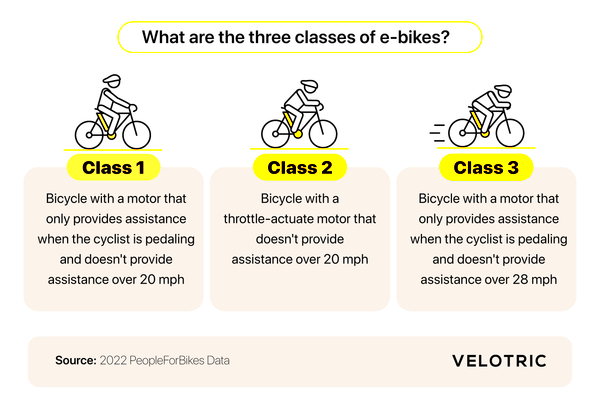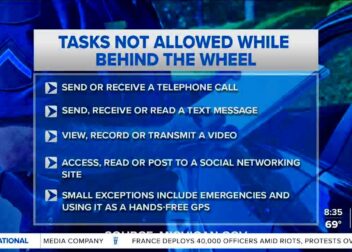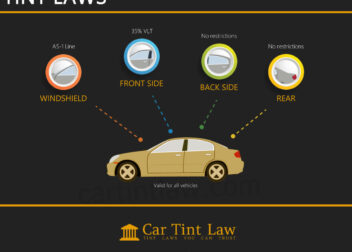Understanding North Carolina Electric Bike Laws
Electric bikes, often called e-bikes, have become increasingly popular in North Carolina. These bikes offer an eco-friendly mode of transportation and a fun way to explore the outdoors. With their growing popularity, it’s essential to understand the laws surrounding their use. This guide will help you navigate the legal landscape of electric bikes in the state, ensuring you ride safely and responsibly.
Definition of Electric Bikes
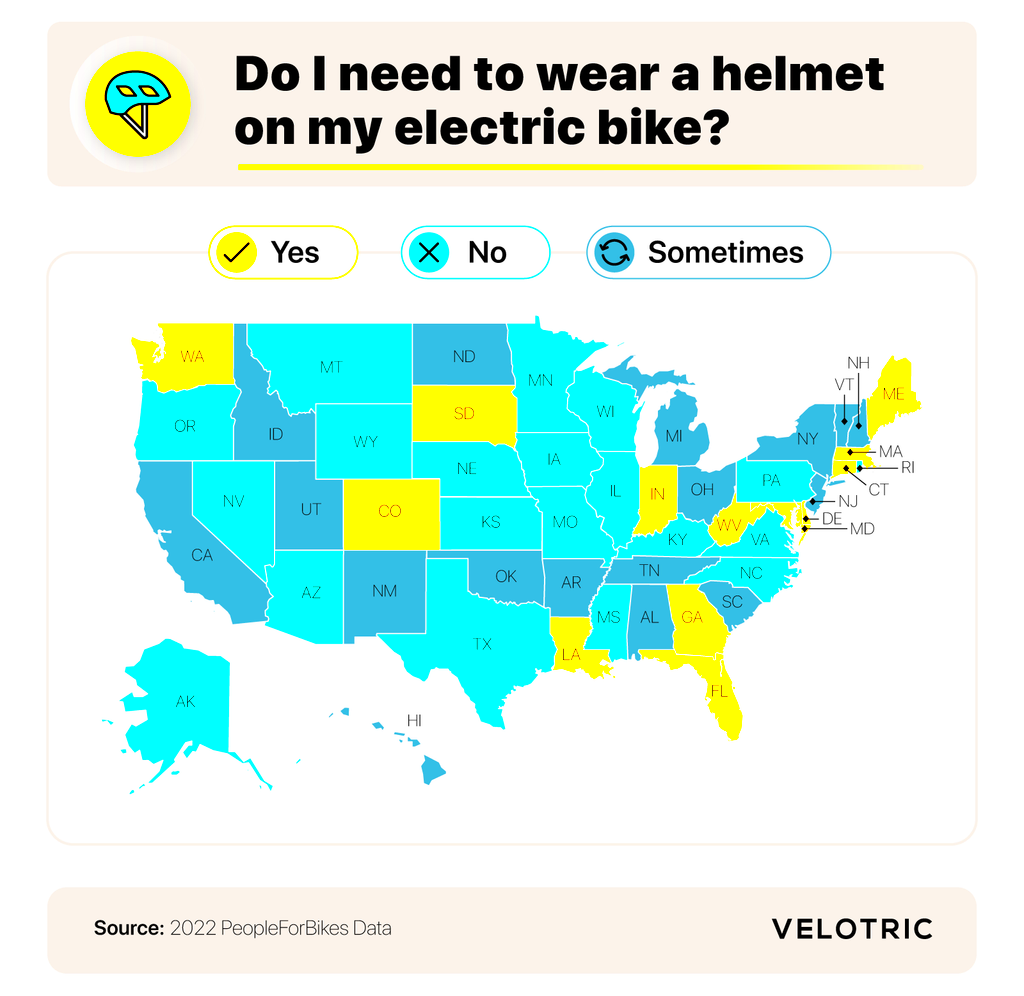
So, what exactly is an electric bike? An electric bike is a bicycle equipped with an electric motor that assists the rider’s pedaling. Here are some key features that define electric bikes:
- Motor Power: E-bikes typically have motors ranging from 250 to 750 watts.
- Battery: They come with rechargeable batteries that provide power to the motor.
- Pedal Assist: Most e-bikes require pedaling, but the motor provides assistance to make riding easier.
- Speed: Many electric bikes can reach speeds of up to 20 mph with motor assistance.
It’s important to note that not all bicycles with electric components are classified as e-bikes. For legal purposes, they must meet specific criteria outlined by the state.
Legal Requirements for Electric Bikes
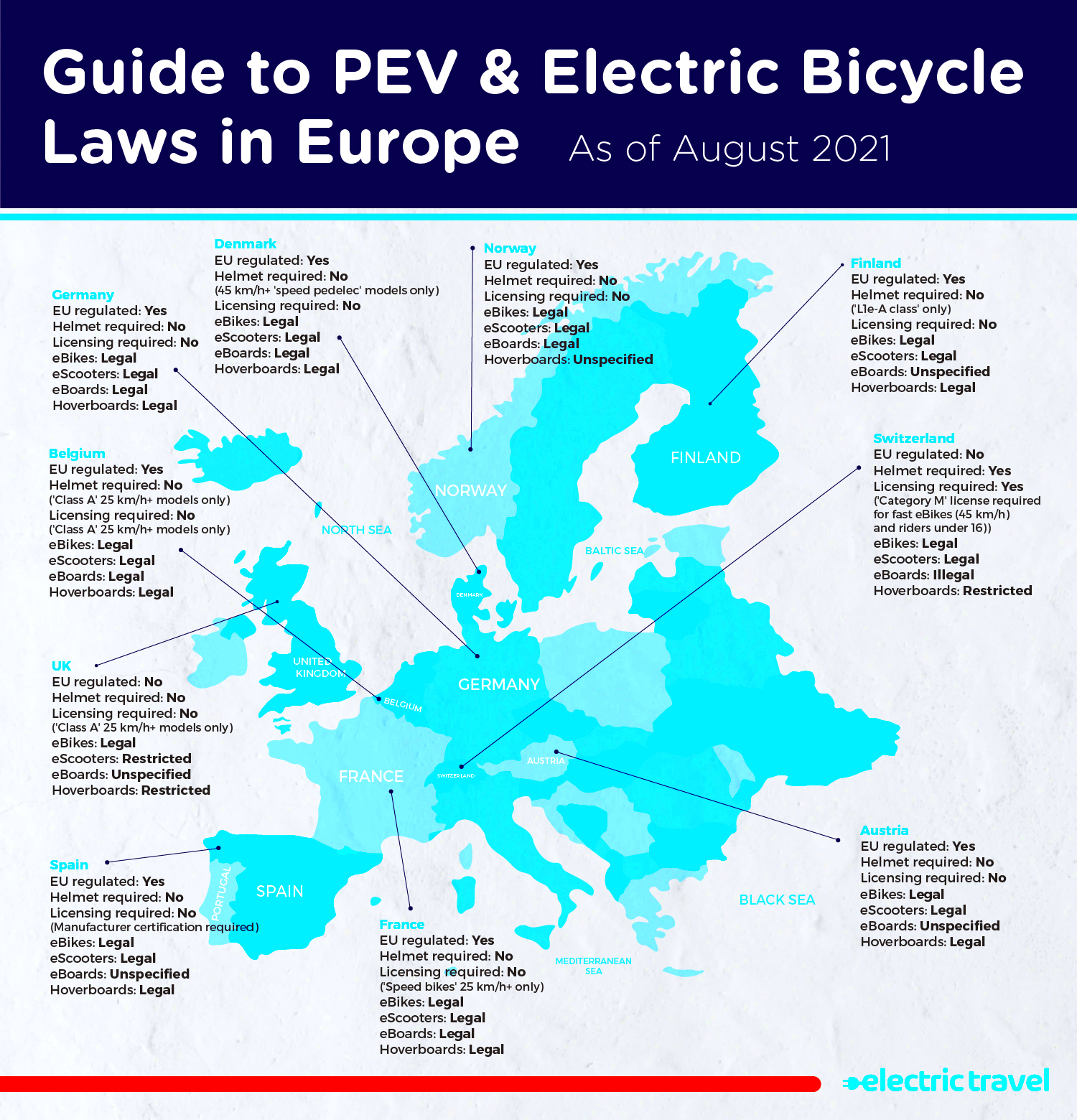
Understanding the legal requirements for electric bikes in North Carolina is crucial for every rider. Here’s what you need to know:
- Classification: Electric bikes are categorized into three classes:
- Class 1: Pedal-assist bikes that provide assistance only when the rider is pedaling, up to 20 mph.
- Class 2: Throttle-assisted bikes that can be powered without pedaling, also limited to 20 mph.
- Class 3: Pedal-assist bikes that can assist up to 28 mph but may be restricted from certain bike paths.
- Registration: In North Carolina, electric bikes do not require registration or a special license, making them accessible to everyone.
- Helmet Laws: Riders under 16 years old must wear a helmet when riding an electric bike.
- Lighting and Reflectors: Electric bikes must have working lights and reflectors when riding at night or in low-light conditions.
These requirements help ensure the safety of riders and pedestrians alike. Familiarizing yourself with these rules can make your e-bike experience enjoyable and worry-free.
Age Restrictions for Riding Electric Bikes
When it comes to riding electric bikes in North Carolina, age restrictions are an important factor to consider. These rules help ensure safety for younger riders while promoting responsible biking. Here’s what you need to know about age limits:
- Minimum Age: The state law specifies that riders must be at least 16 years old to operate Class 3 electric bikes. This restriction is in place due to the higher speeds these bikes can reach.
- Younger Riders: Children under 16 can ride Class 1 and Class 2 e-bikes without any age restrictions. However, they must wear a helmet while riding, regardless of the bike’s class.
- Parental Guidance: Parents or guardians are encouraged to supervise younger riders to ensure they understand the rules and safety practices.
By adhering to these age restrictions, we can create a safer environment for all riders. It’s essential for parents to educate their children about responsible riding, helping to develop good habits from a young age.
Where You Can Ride Electric Bikes
Knowing where you can ride your electric bike is crucial for a smooth and enjoyable experience. In North Carolina, the rules are fairly straightforward, but here are some key points to keep in mind:
- Roads: Electric bikes are allowed on most public roads, just like traditional bicycles. However, riding on highways is generally prohibited.
- Bicycle Paths: Class 1 and Class 2 e-bikes can ride on bike paths and multi-use trails. Class 3 e-bikes are often restricted from these areas, so always check local regulations.
- Parks: Many parks allow e-bikes, but specific trails may have restrictions, particularly for Class 3 bikes. Always look for signage indicating the rules.
- Sidewalks: Riding on sidewalks is generally not permitted unless the local ordinance allows it. Always be cautious and respectful of pedestrians.
Understanding where you can ride will not only keep you safe but also help you enjoy your e-bike adventures fully!
Safety Regulations for Electric Bikes
Safety should always be a top priority when riding electric bikes. North Carolina has specific regulations to help protect riders and others on the road. Here’s a breakdown of the essential safety guidelines:
- Helmet Use: Riders under 16 years old must wear a helmet. It’s a good practice for everyone, regardless of age, to wear a helmet for added protection.
- Lights and Reflectors: E-bikes must be equipped with working lights and reflectors if you plan to ride at night. Visibility is key to staying safe.
- Signaling: Just like with traditional bikes, use hand signals to indicate turns and stops to ensure that motorists and other cyclists are aware of your movements.
- Regular Maintenance: Keep your e-bike in good condition. Regularly check the brakes, tires, and battery to avoid accidents due to mechanical failure.
- Stay Aware: Always be aware of your surroundings, especially in traffic. Avoid distractions like phone use while riding.
By following these safety regulations, you can enjoy your electric bike rides while minimizing risks. Remember, safe riding not only protects you but also everyone sharing the road.
Penalties for Violating Electric Bike Laws
Riding an electric bike in North Carolina comes with responsibilities, and failing to follow the laws can lead to penalties. It’s crucial to be aware of the consequences of breaking these rules to avoid fines or other repercussions. Here’s what you should know:
- Fines: Violating electric bike laws can result in fines. For instance, riding a Class 3 e-bike in a prohibited area may lead to a fine ranging from $25 to $200, depending on the severity of the violation.
- Confiscation: In some cases, law enforcement may confiscate the bike if it is being used illegally. This means you could lose access to your bike until the situation is resolved.
- Traffic Violations: Electric bike riders can also be charged with traffic violations, similar to those applicable to motor vehicle operators. This could include running a red light or not yielding to pedestrians.
- Insurance Impact: Accumulating traffic violations can affect your insurance rates, even if you don’t need insurance for your e-bike.
To avoid these penalties, it’s best to familiarize yourself with the local laws and ride responsibly. A little knowledge can go a long way in keeping your rides enjoyable and legal!
Comparing North Carolina Laws to Other States
North Carolina’s electric bike laws align with the growing trend of regulating e-bikes across the United States, but there are some differences to note. Understanding these can help you ride safely whether you’re in North Carolina or traveling elsewhere:
| Feature | North Carolina | California | New York |
|---|---|---|---|
| Class Definitions | Class 1, 2, 3 | Class 1, 2, 3 | Class A, B, C |
| Minimum Age for Class 3 | 16 years | None specified | 16 years |
| Helmet Requirements | Under 16 years | Under 18 years | All riders on Class B and C |
| Where to Ride | Most public roads and bike paths | Similar to NC | Similar to NC, with more restrictions in NYC |
As seen in the table, while there are similarities in the laws, each state has its own nuances. Before riding in another state, make sure to check their specific regulations to ensure a safe and lawful experience.
FAQs about North Carolina Electric Bike Laws
Got questions about electric bike laws in North Carolina? You’re not alone! Here are some frequently asked questions to help clarify any uncertainties:
- Do I need a license to ride an electric bike? No, you don’t need a special license to ride an electric bike in North Carolina.
- Are there specific trails for electric bikes? Yes, many trails are open to electric bikes, but Class 3 bikes may face restrictions. Always check for signs.
- Can I ride my electric bike in a bike lane? Yes, electric bikes are allowed in bike lanes, but always be mindful of other cyclists and pedestrians.
- What should I do if I get pulled over? If you’re stopped by law enforcement, remain calm, comply with their requests, and clarify any misunderstandings regarding the law.
- Where can I find more information about local laws? Check your local Department of Transportation website or contact local authorities for the most accurate and up-to-date information.
Understanding these FAQs can help make your riding experience smoother and more enjoyable. Remember, knowledge is power!
Conclusion on Understanding Electric Bike Laws
Understanding electric bike laws in North Carolina is essential for safe and enjoyable riding. As e-bikes continue to grow in popularity, being aware of the rules governing their use can help you avoid penalties and enhance your riding experience. From age restrictions to where you can ride and safety regulations, each aspect plays a significant role in creating a responsible biking culture.
Here’s a quick recap of the important points:
- Age Restrictions: Riders under 16 are limited to Class 1 and Class 2 bikes, while Class 3 bikes require riders to be at least 16.
- Where to Ride: Most public roads and bike paths are accessible to electric bikes, with some restrictions for Class 3 e-bikes.
- Safety Regulations: Helmets are mandatory for younger riders, and it’s advisable for everyone. Proper lighting and awareness of surroundings are crucial.
- Penalties: Violating electric bike laws can result in fines and potential confiscation of your bike, emphasizing the importance of compliance.
Ultimately, staying informed and adhering to the laws not only keeps you safe but also fosters a positive relationship between electric bike riders and the wider community. Enjoy your rides and embrace the freedom that comes with riding an electric bike responsibly!
